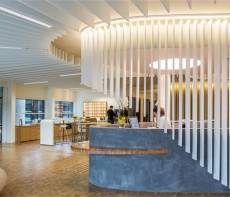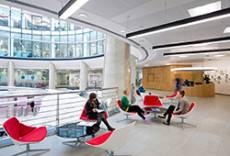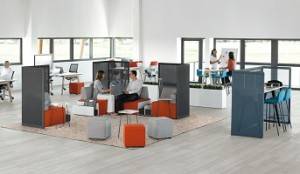May 21, 2014
Information overload is a big problem for ‘infobese’ UK workers
 We all know –or should – that we have a real problem with information. We are not only deluged with the stuff, we appear increasingly willing to wallow in it voluntarily, even when we know it’s bad for us. The full extent of the challenge we face managing information is laid bare in a new report from Microsoft called ‘Defying Digital Distraction’. The study is based on a survey carried out by YouGov which found that 55 per cent of 2,000 British office staff experience some form of information overload at work. A similar proportion feel they are distracted by information, just under half (43 per cent) experience stress as a result, a third (34 per cent) feel overwhelmed by it and 28 per cent believe it affects their personal wellbeing. The report is fronted by Dave Coplin, the Chief Envisioning Officer of Microsoft UK who we interviewed last year and coincides with the publication of Dave’s new book called The Rise of the Humans: how to outsmart the digital deluge.
We all know –or should – that we have a real problem with information. We are not only deluged with the stuff, we appear increasingly willing to wallow in it voluntarily, even when we know it’s bad for us. The full extent of the challenge we face managing information is laid bare in a new report from Microsoft called ‘Defying Digital Distraction’. The study is based on a survey carried out by YouGov which found that 55 per cent of 2,000 British office staff experience some form of information overload at work. A similar proportion feel they are distracted by information, just under half (43 per cent) experience stress as a result, a third (34 per cent) feel overwhelmed by it and 28 per cent believe it affects their personal wellbeing. The report is fronted by Dave Coplin, the Chief Envisioning Officer of Microsoft UK who we interviewed last year and coincides with the publication of Dave’s new book called The Rise of the Humans: how to outsmart the digital deluge.
























May 7, 2014
The business of workplace design and management; new issue of Insight is now available
by Sara Bean • Comment, News, Newsletter, Workplace design